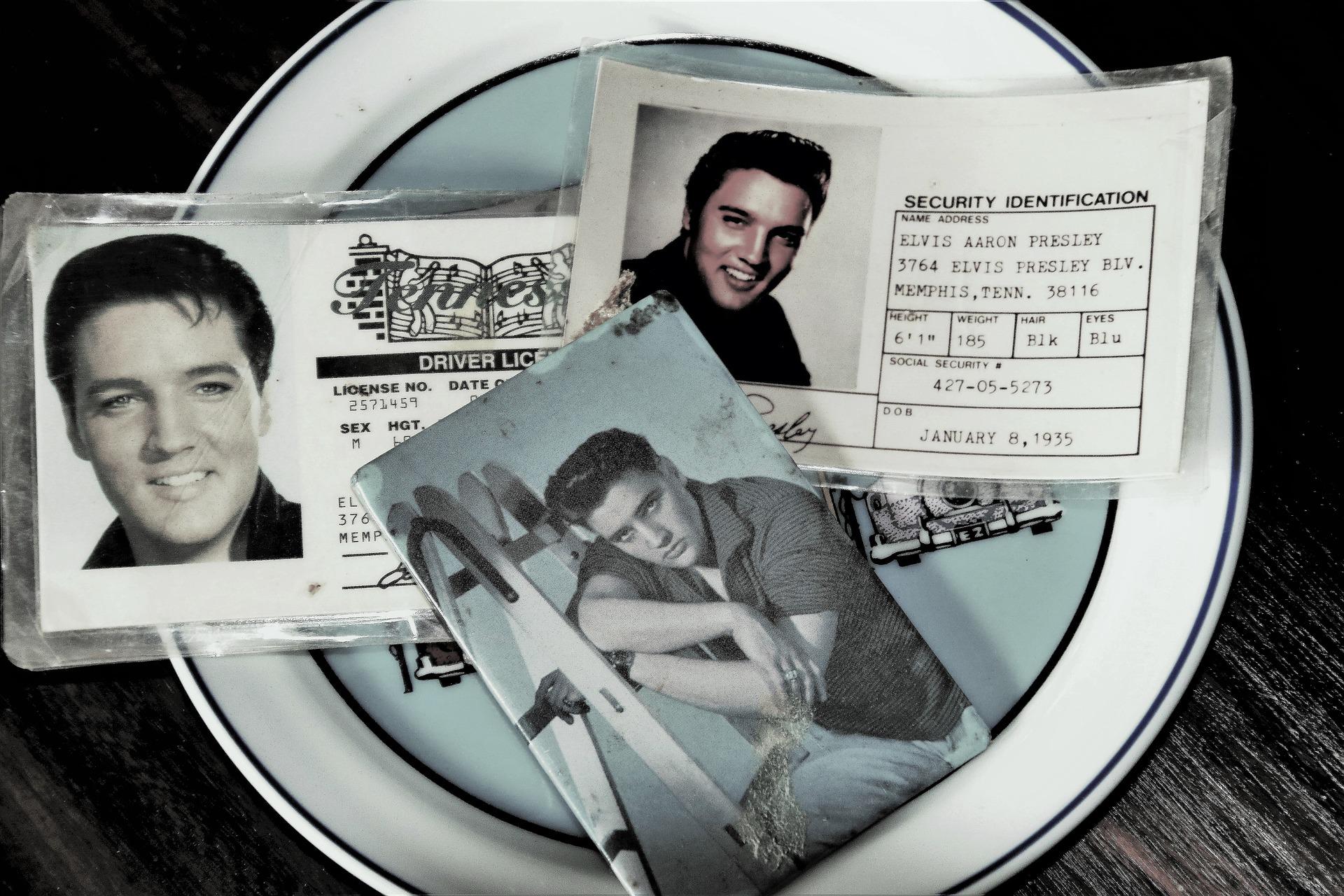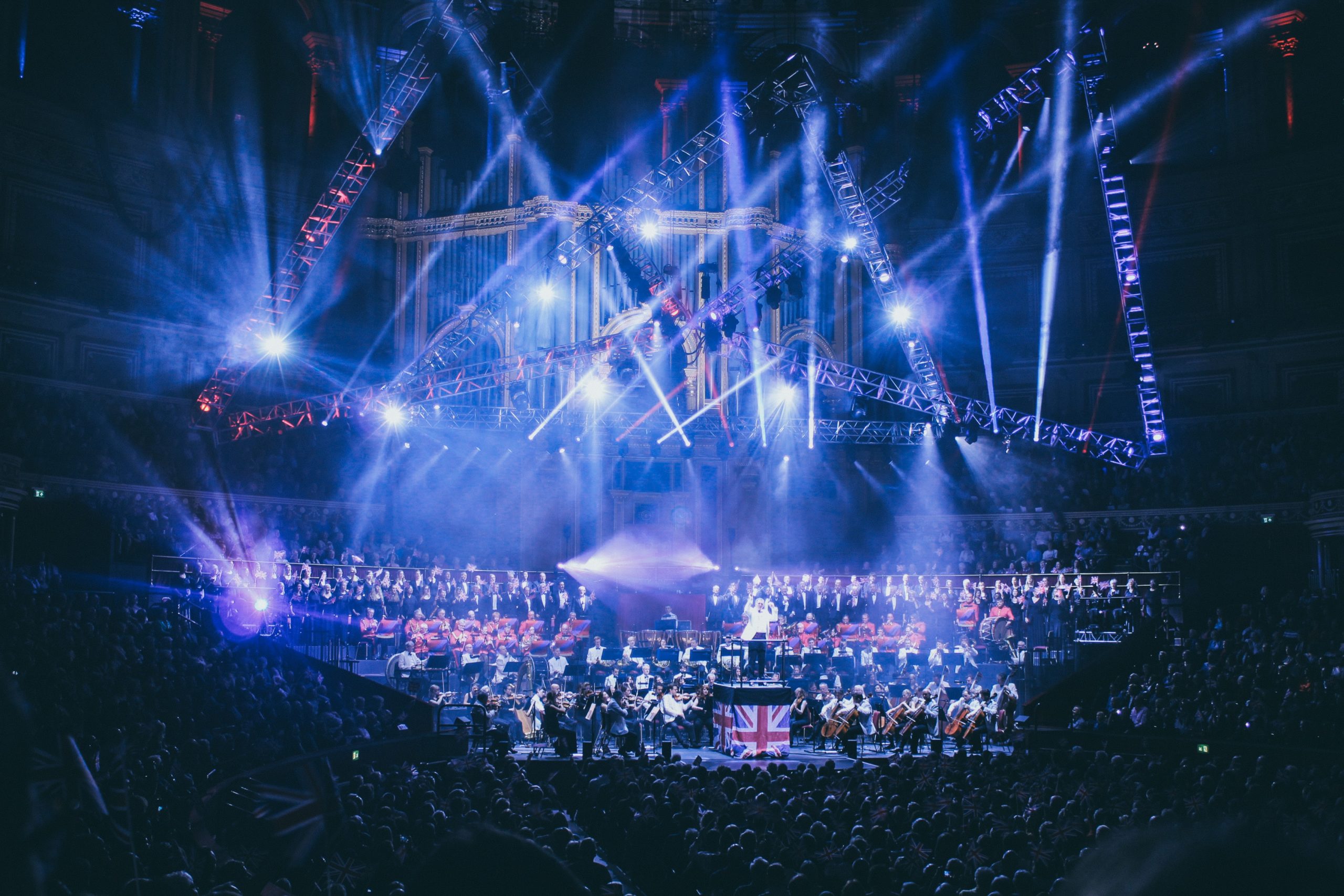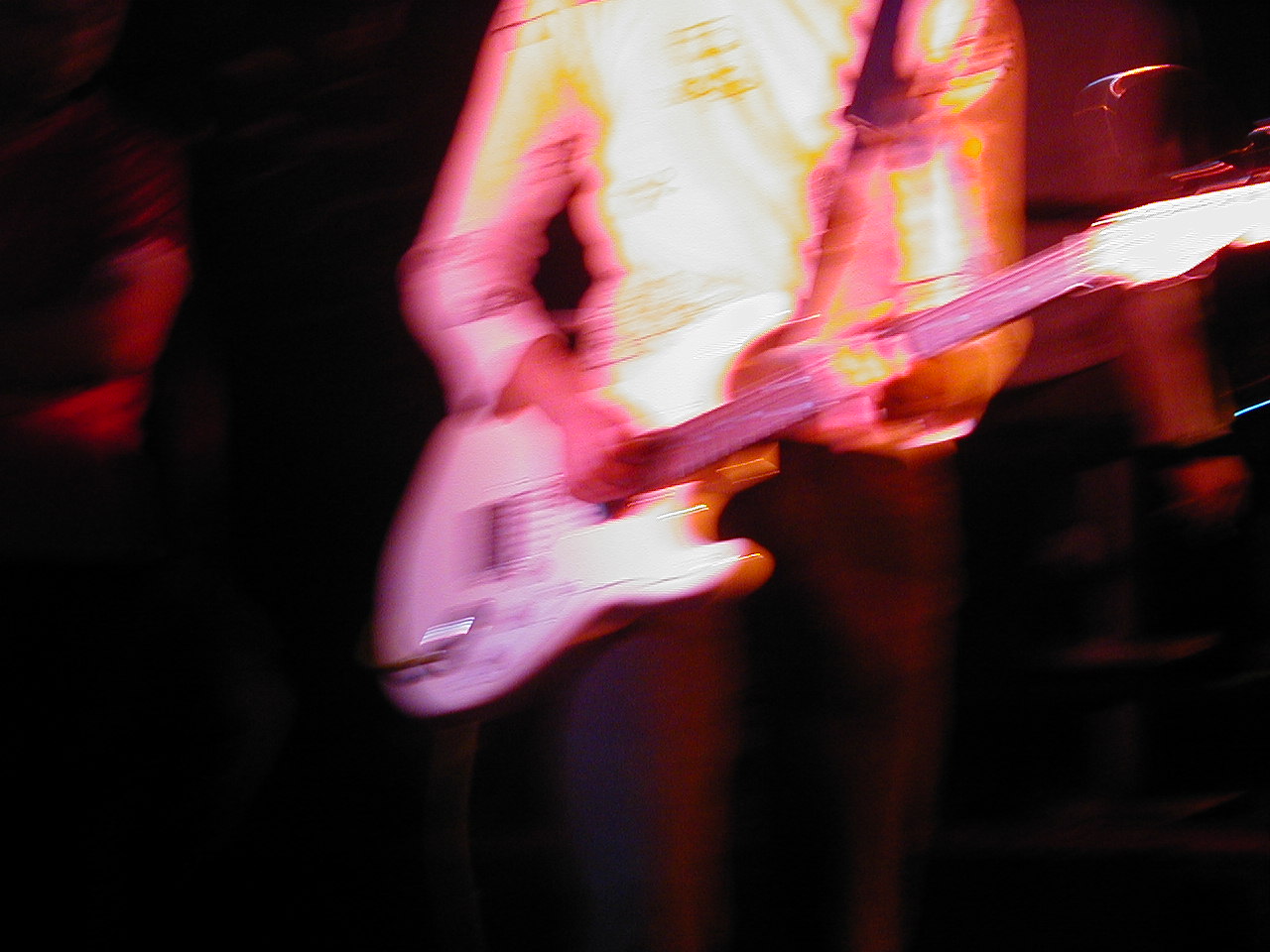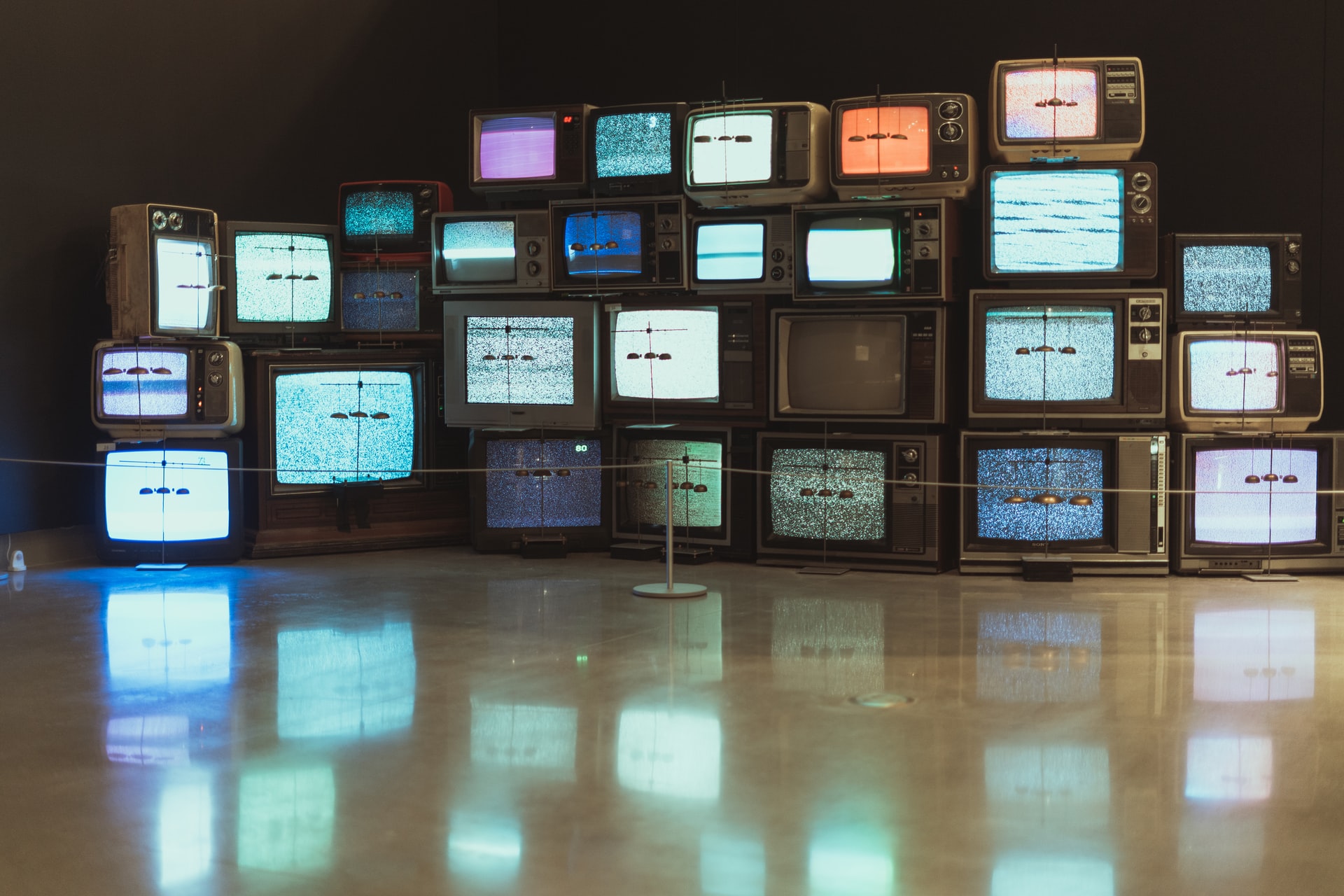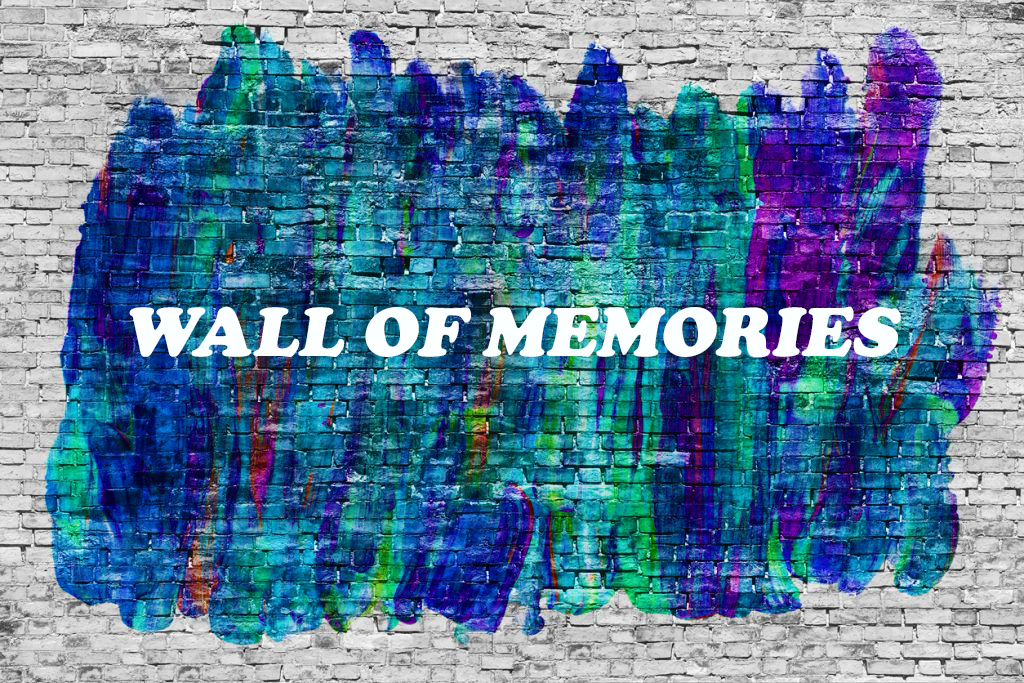Among the best new films out this summer is Baz Luhrmann’s biopic of a MFMM favourite, Elvis. In celebration, we thought we would throw together a little quiz to see how well you know the King of Rock and Roll!
Continue readingBBC Proms
We dive into the history of the BBC Proms. Let us know if you are off to the Proms this summer, or have any favourite memories of one of the concerts, as we would love to hear all about them!
Continue readingReal Life Stories: Johnny Rotten and his wife Nora
“I love her and she loves me. We’ve always been magnificent to – and with – each other” – Johnny Rotten about his wife Nora.
Continue readingLet’s talk about Music Videos
How influential is a music video in your memories of a song? And is there a music video that stands out in your mind?
Continue readingHow does a song come into our life?
At Music for my Mind we spend a lot of time thinking about music, and specifically about the moments in a person’s life that they hear music. Now we look at how we come across music, where we find it, or more often, how it finds us.
Continue readingWedding songs
What makes a song memorable: how does it pull the heartstrings, stir emotion, and generally connect to its listeners. On Valentine’s Day, we focus on love songs and more specifically, the song a couple choses as their first dance at their wedding.
Continue reading‘Playlist for Dreamers’
As we dream an exciting future, our team curated a playlist to go along with that. Enjoy our ‘Playlist for Dreamers’.
Continue readingColourful stones in support of Music for my Mind
Support for our charity comes from unexpected places all the time!
A group of seventeen 16-17 year olds joined Harpenden National Citizen Service this summer with an aim of supporting local charities.
They spent a week taking part in outdoor activities, a second week learning life skills such as first aid training, budgeting and meeting employers. The final two weeks they chose several charities to support.
Dementia affects so many of us and so they related to our cause, after watching our 3-minute video, showing the impact of music on those living with dementia. Though the tears, they decided that Music for my Mind was the charity they had to raise awareness for.
It was the summer holidays, so what better than a stone hunt for members of the community?! 30 stones were decorated and placed around Harpenden, Hertfordshire with details of our website to visit. One stone had ‘winner’ written on the back where the lucky finder would be awarded a prize.
Did you find any of these beautifully drawn stones? Or even better, were you the winner? Let us know or send us your pictures with the stones! You can contact us here.
Take part in our Popular Music Survey
Take part in our survey, trying to discover whether there is a period in a person’s life where they are most aware of popular music. Dive into some of your favourite songs from the past!
Continue readingWall of Memories
Collage of Harmony and Hope
While carrying out work for the charity, whether that be in care homes, in talks with businesses and other charities, or even socially explaining what Music for my Mind does, we are constantly amazed by stories of personal experiences of music in dementia care. It seems everyone has a relative who, when living with memory loss, found solace – and in some cases momentary restoration – in their favourite songs.

These memories are incredibly heart-warming, really confirming to us that the charity is doing valuable work, but all too often the quantity of them leaves us ourselves forgetting who said what, which song which person sang along to, and most of all how many we have heard.
Well, now we are going to put this anecdotal evidence to work. Utilising the interactive elements of our website, and in support of this year’s theme for the BBC Music Day (Music and Well-being), we have created a ‘Wall of Memories’.
Music for my Mind would like to announce its newest venture, which is the ‘Wall of Memories’.
This is an interactive chance for you and your family to share experiences of music in care for people living with dementia. If you have ever witnessed the transformational power of music for those living with memory loss, or know friends or colleagues who have, we want to hear from you! Simply click on the button below, fill out the form and share your personal experience with us. We will then pin it to our interactive wall, creating a memory collage of harmony and hope.
This project will help Music for my Mind to show a real demand for music therapies in dementia care, with a whole host of personal experiences displaying the power of song. Proof of demand is essential for our ongoing projects and our hopes to secure funding, so the more memories you can share the better. Even a small sign, such as a tap of the foot, a smile or a snatch of lyrics, could, if shared, lead to great things in the future of dementia care and the families of those who live with memory loss.


